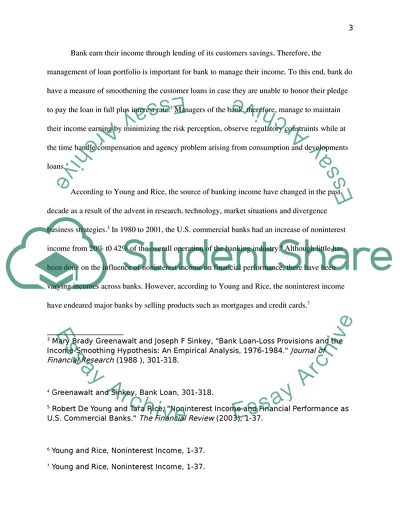Cite this document
(Income determination Essay Example | Topics and Well Written Essays - 1500 words, n.d.)
Income determination Essay Example | Topics and Well Written Essays - 1500 words. https://studentshare.org/macro-microeconomics/1839346-income-determination
Income determination Essay Example | Topics and Well Written Essays - 1500 words. https://studentshare.org/macro-microeconomics/1839346-income-determination
(Income Determination Essay Example | Topics and Well Written Essays - 1500 Words)
Income Determination Essay Example | Topics and Well Written Essays - 1500 Words. https://studentshare.org/macro-microeconomics/1839346-income-determination.
Income Determination Essay Example | Topics and Well Written Essays - 1500 Words. https://studentshare.org/macro-microeconomics/1839346-income-determination.
“Income Determination Essay Example | Topics and Well Written Essays - 1500 Words”. https://studentshare.org/macro-microeconomics/1839346-income-determination.


